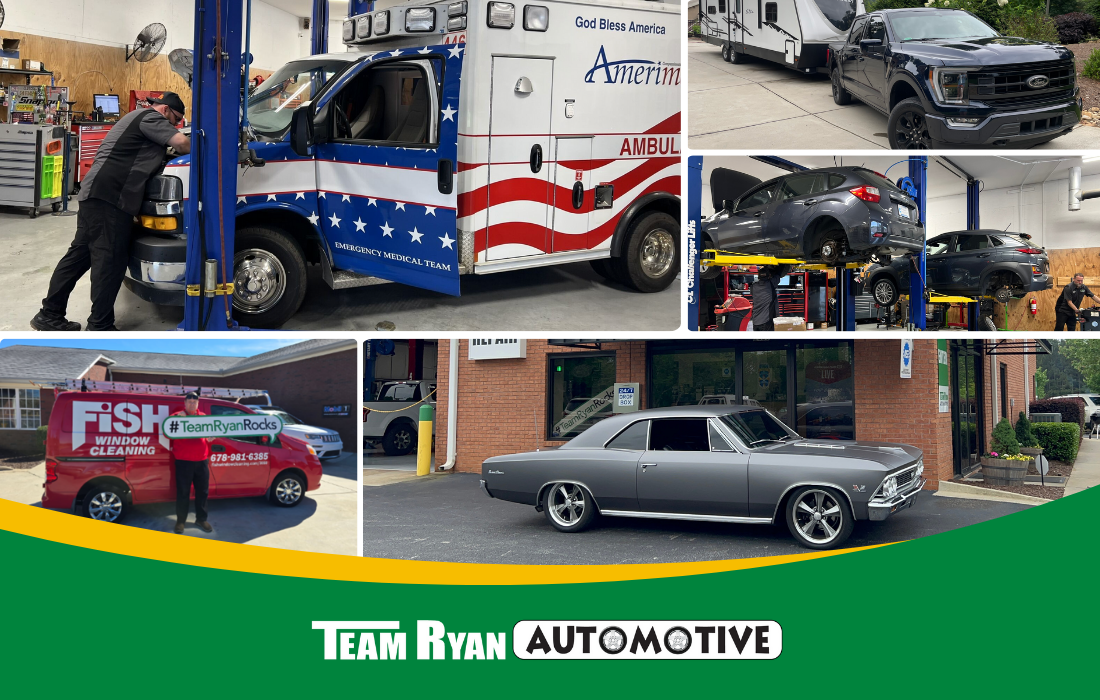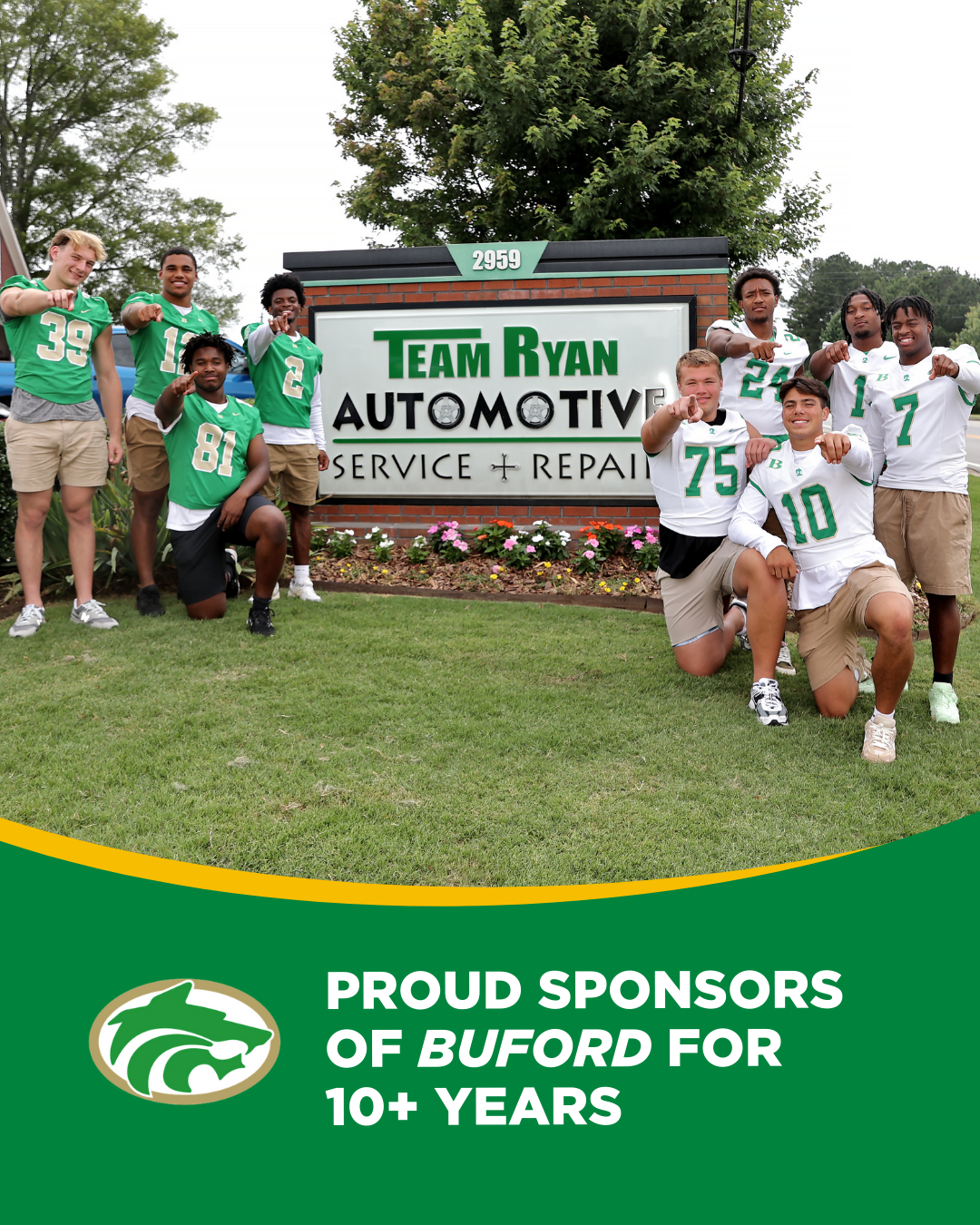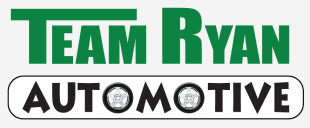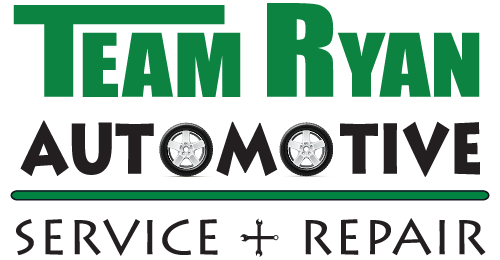Why Does My Tire Pressure Light Come On In Cold Weather?
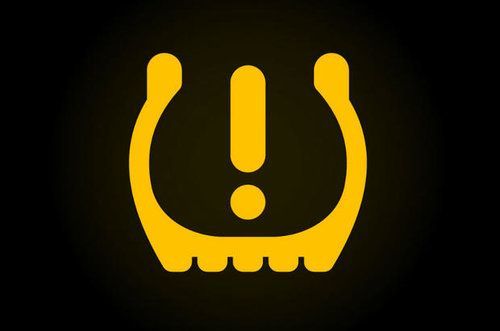
The purpose of the TPMS (Tire Pressure Monitoring System) is to alert you when tire pressure is too low and could to create unsafe driving conditions. If the light is illuminated, it means your tires could be underinflated, which can lead to undue tire wear and possible tire failure.
For every 10-degree drop in temperature, tire pressure decreases 1-2 PSI according to the Car Care Council. PSI stands for pounds per square inch, and is a common unit for measuring pressure. "Cold shrinks – warm expands, basically. It's typical at this time of year for motorists to get TPMS warnings and then get worried about their tires." In this case, what's shrinking is the volume of the air, thanks to the cold weather. Thus, less air equals less well-filled tires.
The TPMS constantly checks air pressure via small sensors inside of the tire's air stems, explains Jason Lancaster, auto expert and founder of the site AccurateAutoAdvice. These systems, although well-intentioned, are not always totally accurate, and can be off by as much as 2 PSI.
SO WHAT SHOULD YOU DO IF YOU SEE THE TPMS LIGHT ON?
Find a safe place to pull out of traffic so you can stop to check your tires. NOTE: If you are driving at higher speeds (highway), immediately take firm hold of the steering wheel with both hands because, in the event that you are experiencing a blowout (rapid deflation), you'll need to be prepared to handle your vehicle. Then, slowly decelerate and move out of traffic.
Once you have checked to ensure you are not having a blowout, use a tire gauge to check the pressure of each tire against your manufacturer's recommended pressure level. (A tire gauge should be a standard component within your set of emergency items in your vehicle.) The recommended pressure level can be found on the tire placard, a label located just inside the driver's side door.
If you are not comfortable checking the tire pressure on your own, proceed with caution to have your tire pressure checked by a professional tire technician.*
Fill your tires to the proper placard tire pressure, either with the help of your nearest tire service center or by using a tire air supply at a nearby filling station.
If necessary, have any damaged tires, as well as the TPMS system, serviced at your nearest service center.
The TPMS light should turn off within several minutes after reinflating the tires to their recommended pressure.
*Checking tire pressure before you've driven on them, when the tire is "cold," is always the best way to get the most accurate reading.
TIRE PRESSURE AFFECTS HANDLING
According to the National Highway Traffic Safety Administration (NHTSA), nearly 250,000 accidents occur in the U.S. per year due to low tire pressure.
If my TPMS light comes on and I put air in my tires, will the light go off by itself or do I need to take my car to the dealer or a tire shop?
When the TPMS warning light comes ON and flashes ON for one second and OFF for three seconds, this indicates a problem with the vehicle's computer and can be corrected only by the dealership service center. When the TPMS warning light comes ON and stays ON, this indicates a low tire pressure condition in one or more tires. Inflating the tire to the recommended tire pressure found on the door placard should cause the light to turn OFF. Remember that one or more of the tires may be low in pressure, so you should always check the pressure in all of your tires.
If you add air and the problem persists, have a mechanic you trust check it out for you. And check your tires monthly to maximize tire health and spot problems early. The best time to do this is in the morning or when your vehicle hasn't been driven in several hours. The tires should be "cold" to give the most accurate reading. Not sure how to check tire pressure? Visit the DMV's step-by-step guide.

